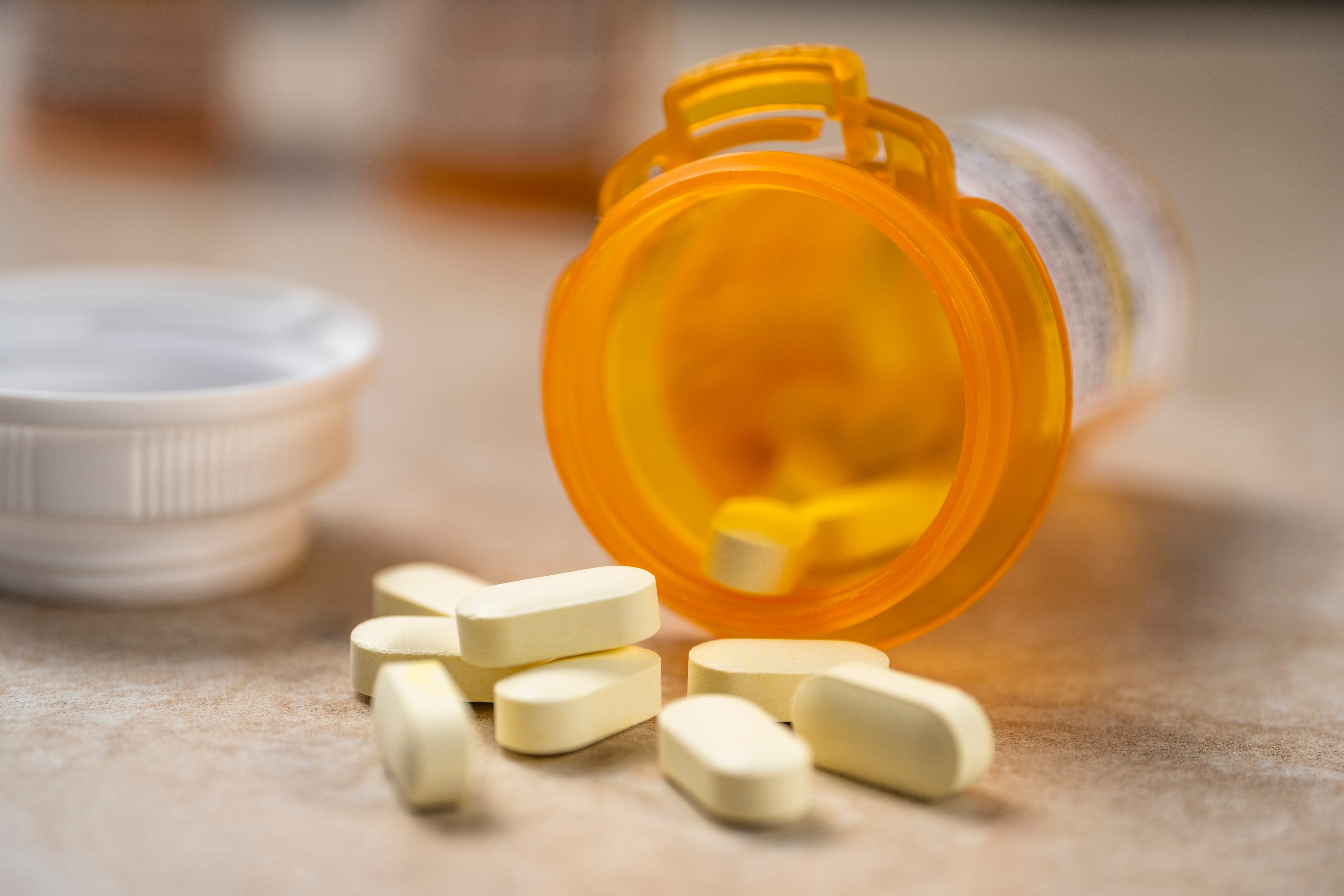
High blood pressure, or hypertension, is a common condition that can lead to serious health issues if not managed properly.
While lifestyle changes like diet and exercise can help control blood pressure, it's also important to know which activities might exacerbate the condition.
Here are some activities that individuals with high blood pressure should consider avoiding or moderating to maintain their health.
1. High-intensity exercise
- While regular physical activity is beneficial for managing blood pressure, very intense exercise can temporarily raise your blood pressure to dangerous levels.
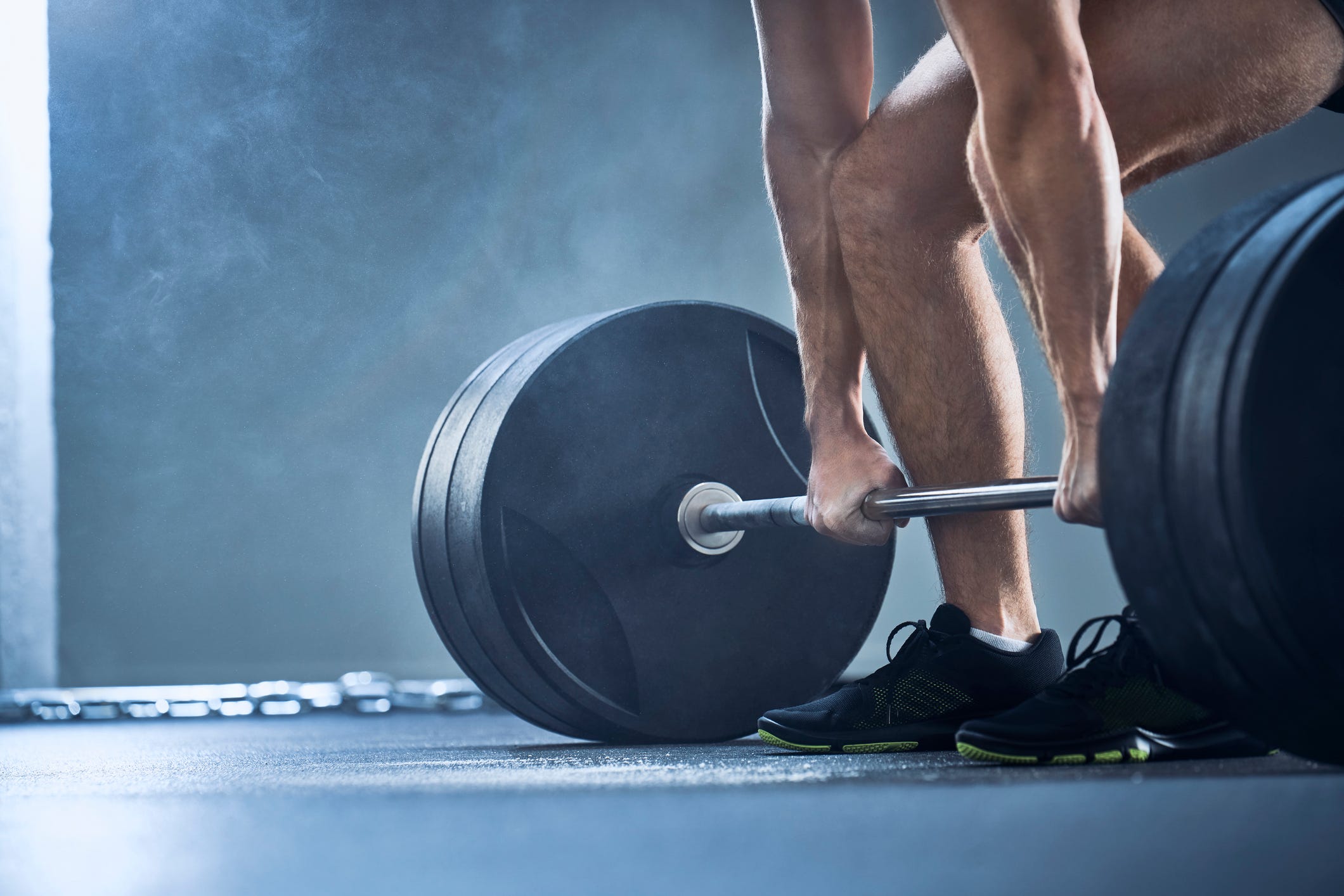
Activities like sprinting or heavy weightlifting can cause sudden spikes in blood pressure, posing risks for those with hypertension. Opt for moderate-intensity exercises like walking, swimming, or light jogging.
2. Excessive salt consumption
- Although not a physical activity, diet plays a crucial role in blood pressure management. Consuming too much salt can lead to water retention, which can increase blood pressure. Be mindful of your sodium intake, especially from processed and fast foods.
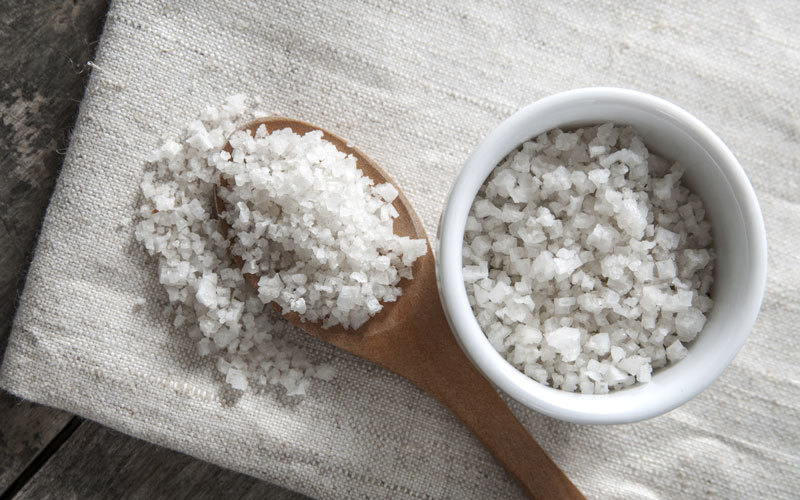
3. Heavy alcohol drinking
- Drinking alcohol in moderation is generally acceptable, but excessive drinking can dramatically increase blood pressure over time. It's advisable for people with hypertension to limit their alcohol intake to no more than one drink per day for women and two for men.
![[ZinniaHealth]](https://ocdn.eu/pulscms/MDA_/5d99e1e5fad72118ef284e18eb0fbea9.jpg)
4. Stressful activities
- Stress and anxiety can temporarily increase blood pressure. Activities that cause significant stress, such as high-stakes work tasks or personal conflicts, should be managed through stress-reduction techniques like meditation, yoga, or deep breathing exercises.

5. Using tobacco products
- Smoking or using tobacco products can cause an immediate spike in blood pressure and contribute to long-term blood pressure issues. Quitting smoking is highly recommended for anyone, but especially for those with high blood pressure.
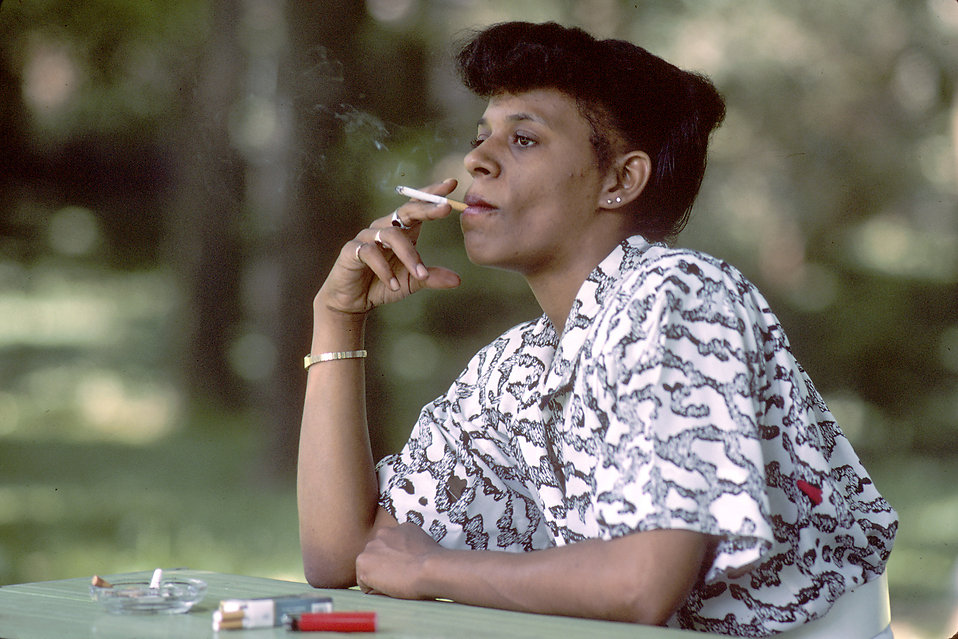
6. Excessive caffeine intake
- Caffeine can cause a short-term spike in blood pressure, even in people who don't have hypertension. Those with high blood pressure might need to moderate their caffeine intake.
Observe how your body reacts to caffeine and consult with a healthcare provider on what amount might be safe for you.
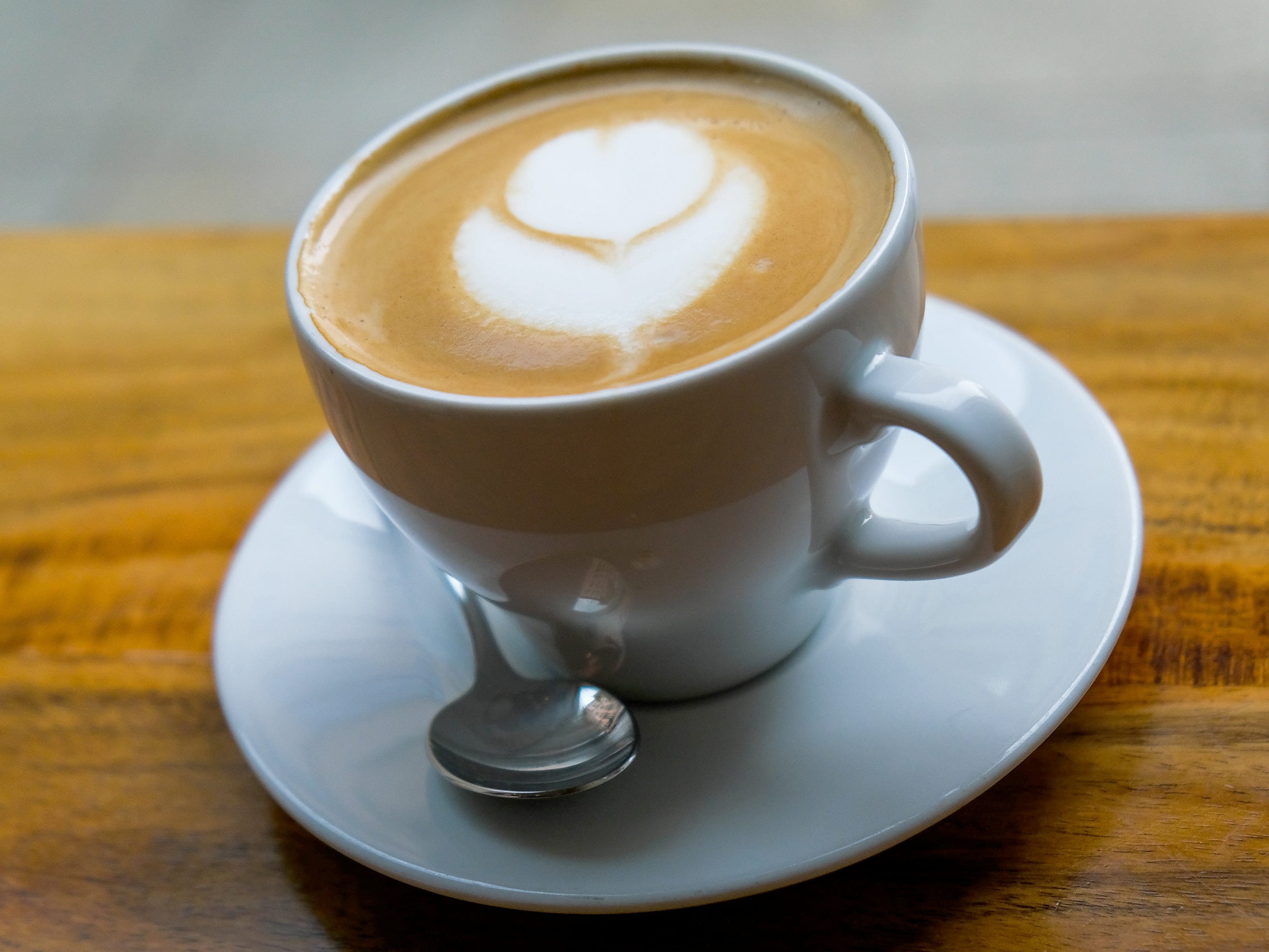
7. Over-the-counter medications
- Certain medications, including nonsteroidal anti-inflammatory drugs (NSAIDs) like ibuprofen, and some cold and flu medications, can raise blood pressure.
Always check with a healthcare provider before taking these medications if you have hypertension.

Managing high blood pressure is critical for long-term health and requires both understanding what activities to engage in and which ones to avoid.
By moderating the above activities and consulting with health professionals, individuals with high blood pressure can lead healthier lives. Each person’s situation is unique, so it’s important to tailor any advice to your specific health needs.
Read Full Story

























Facebook
Twitter
Pinterest
Instagram
Google+
YouTube
LinkedIn
RSS